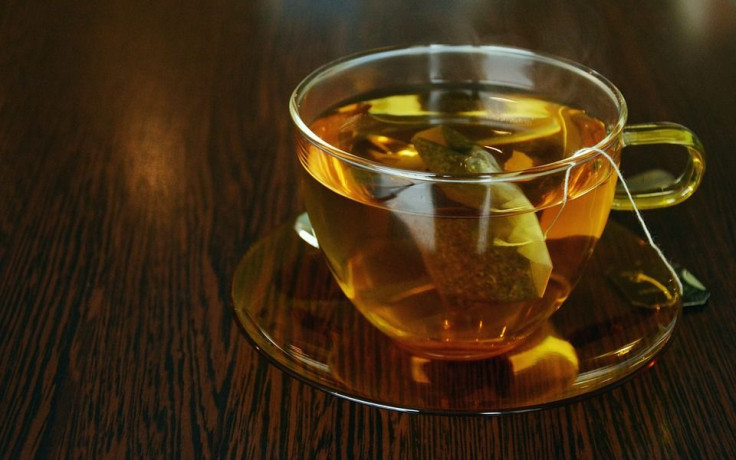There Is Plastic In Your Tea But Just How Bad Is It?

Are you a tea lover who cannot start the day without a hot cup of the brew? If yes, it’s time you pay attention to the kind of tea bags you are using.
According to researchers from ACS’ Environmental Science & Technology, plastic tea bags shed micro and nano sized plastics into the globally consumed beverage. The possible effects on health of these particles, however, are currently unknown.
The microscopic particles have been identified by scientists in the atmopshere, aquatic organisms and food supply, but they are yet to understand whether they are hazardous to humans.
Nathalie Tufenkji and her team pondered upon the fact whether micro-and nanoplastics could be released into the popular beverage while brewing through these plastic teabags. The team also wanted to explore the effects of the particles released on small aquatic organisms called Daphnia magna, or water fleas, which are often used in environmental studies as model organisms.
The scientists bought four separate commercial teas packed in plastic teabags to carry out their study. They then opened the containers, removed the tea leaves and washed the empty containers. The teabags were then heated in water to simulate brewing circumstances.
Using electron microscopy, the team discovered that about 11.6 billion microplastic and 3.1 billion nanoplastic particles were released into the water by a single plastic teabag at brewing temperature. These concentrations were a thousand times greater than earlier reported in other foods.
In a different experiment, the scientists used different doses of micro- and nanoplastics from teabags to treat water fleas. Although the insects survived, they did show anatomical and behavioral changes.
“More research is needed to determine if the plastics could have more subtle or chronic effects on humans,” said the researchers.
The full findings were presented in the Journal Environmental Science & Technology.
© Copyright IBTimes 2025. All rights reserved.





















